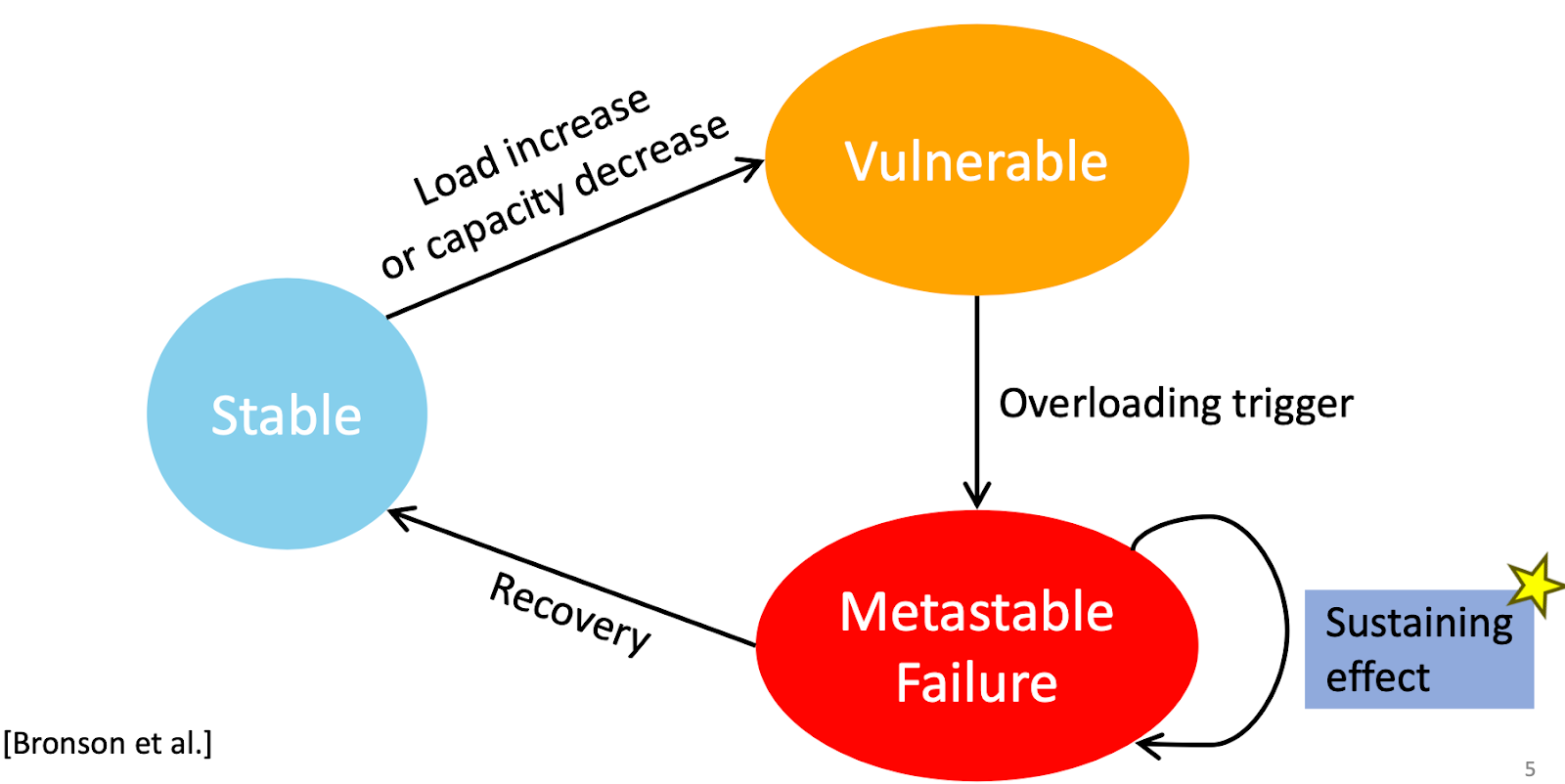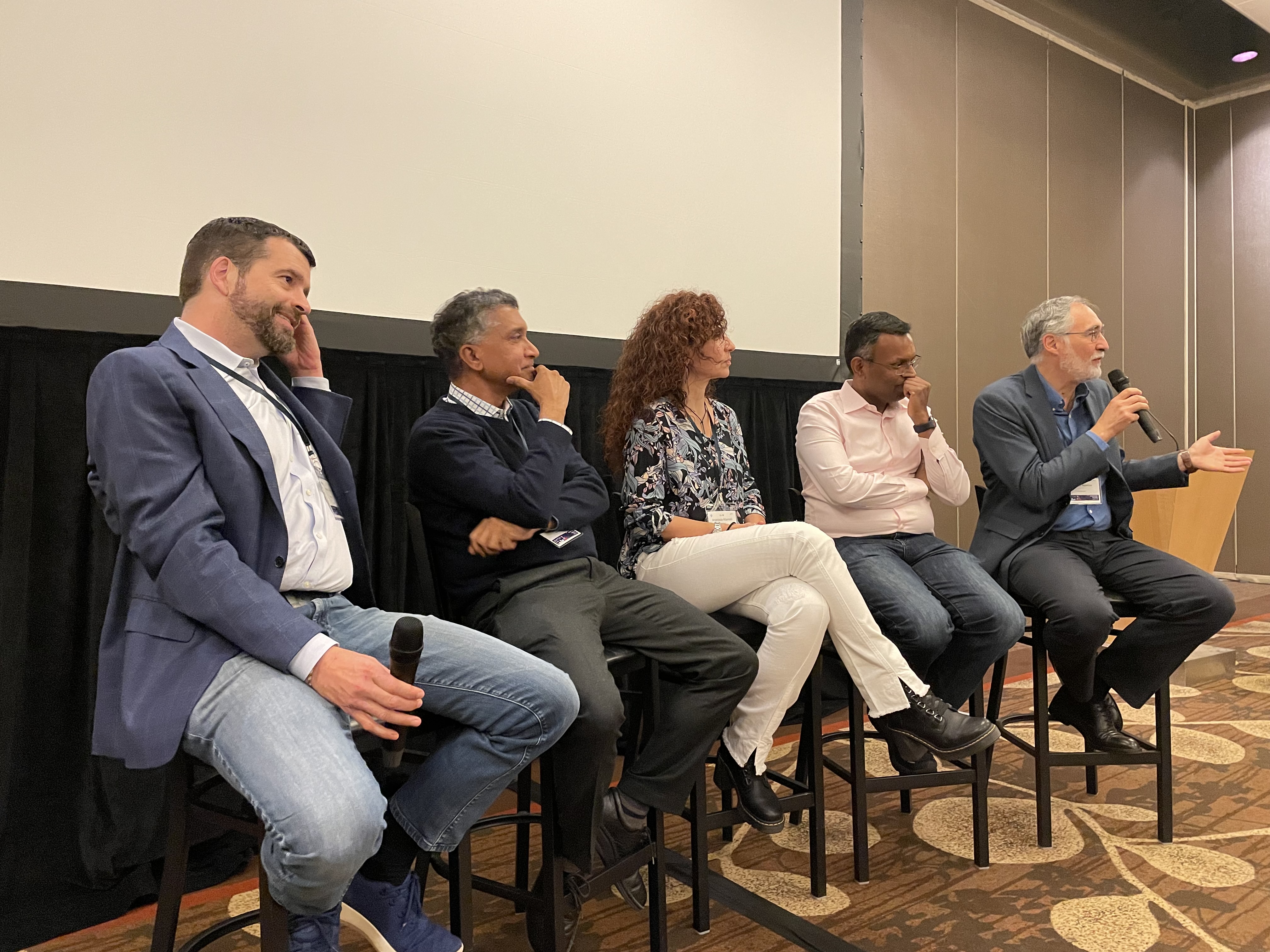Google Cloud Messaging (GCM): An evaluation

I had written about our work on building a crowdsourced superplayer for the "Who wants to be a millionaire (WWTBAM)" quiz show earlier. In that work we developed an Android app that enabled the app users in Turkey to participate in WWTBAM in real time as the show was airing on TV. When a question was read by the show host, my PhD students typed the question and the multiple-choice options, which were transmitted via Google Cloud Messaging (GCM) to the app users. App users played the game, and enjoyed competing with other app users, and we got a chance to collect precious data about MCQA dynamics in crowdsourcing. Our app was downloaded 300K+ times, and at the peak of its popularity 20K participants played the game simultaneously. We used GCM to send the questions to the participants because we wanted to keep the app simple. GCM is the default push messaging solution for the Android platform and is maintained by Google as a free service with no quotas. GCM allows app develo








